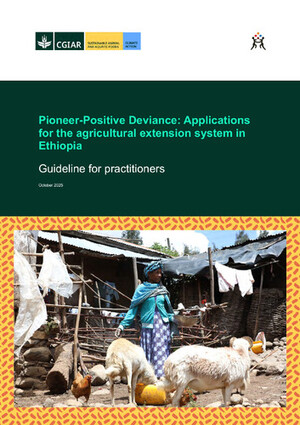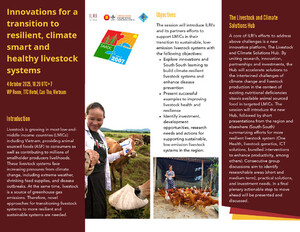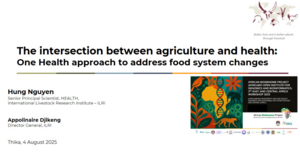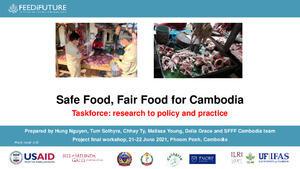
An efficient in-vitro regeneration system of Taro (Colocasia esculenta L. Schott) using apical meristems
Abstract
Taro (Colocasia esculenta L. Schott) is an important crop for food and nutrition security, incomes, and livelihood of people in developing countries. Its cultivation and productivity have been limited mainly due to a lack of quality planting materials. Therefore, this study developed an effective micropropagation method for two common taro varieties in Kenya (Purple Wild and Dasheen) using apical meristem derived from portions of the corm and base of leaf petioles. This study optimized the 6-benzylaminopurine (BAP) and indole-3-butyric acid (IBA) levels for a better shoot and root development. The highest shoot induction was observed in both varieties when Murashige & Skoog (MS) media was supplemented with 2 mg/L of BAP. Similarly, the maximum rooting response was achieved in both varieties on half-strength MS media supplemented with 0.5 mg/L of IBA. The study also revealed significant interactions between variety × BAP levels and variety × IBA levels (P<0.0001) for shoot and root development, respectively. This apical meristem-based micropropagation method developed in this study can be used for rapid multiplication of genetically clean planting materials for commercial uses and to establish taro transformation protocols.
Citation
Kepue, M.S., Mweu, C.M., Kariuki, D.M., Kerubo, L., Njaci, I., Njoroge, A., Kago, L., Mware, B.O. and Ghimire, S.R. 2021. An efficient in-vitro regeneration system of Taro (Colocasia esculenta L. Schott) using apical meristems. African Journal of Biotechnology 20(7):293-299.










